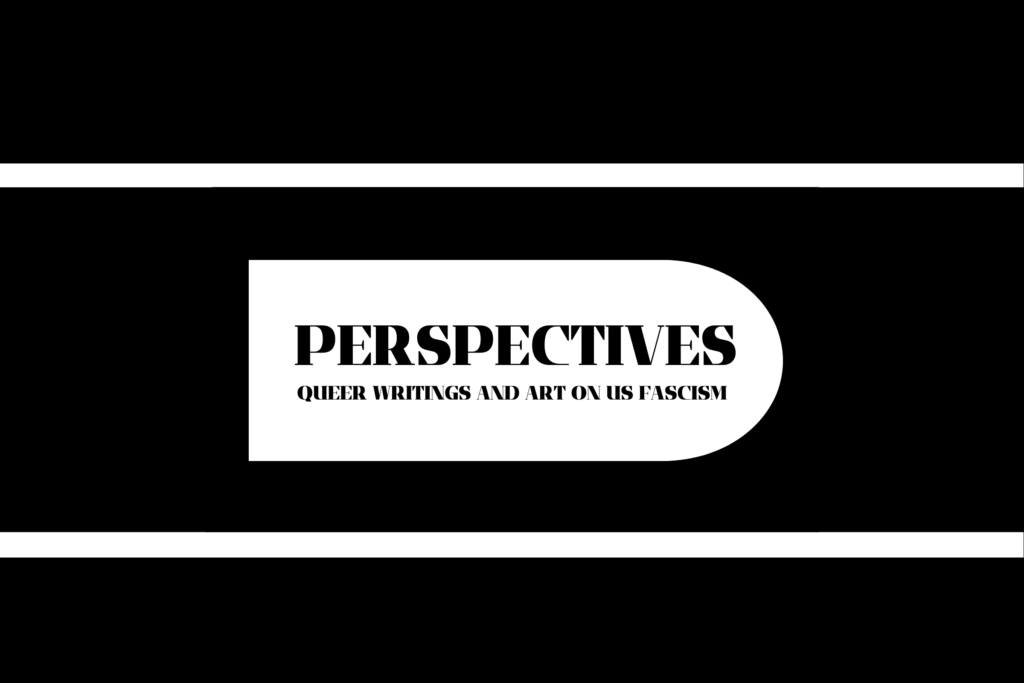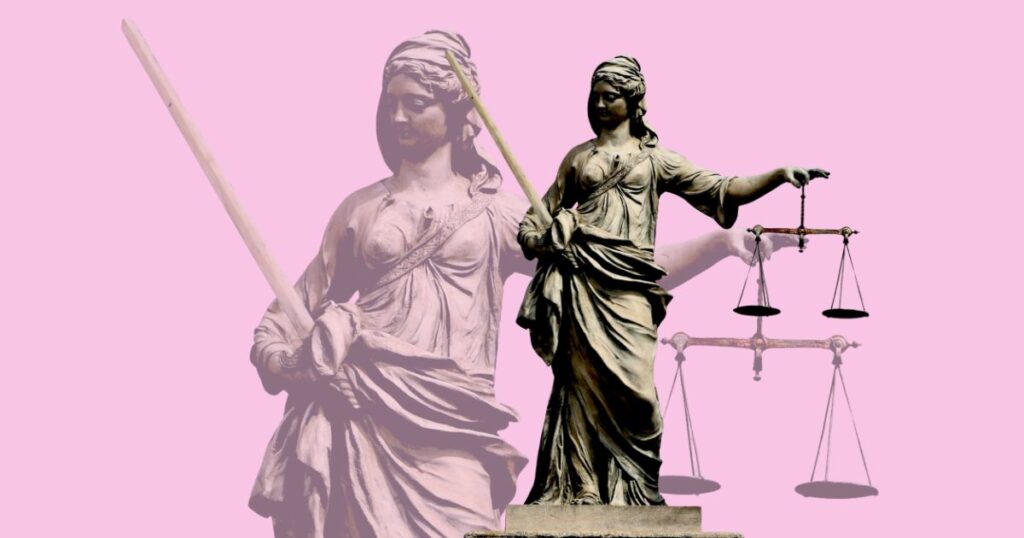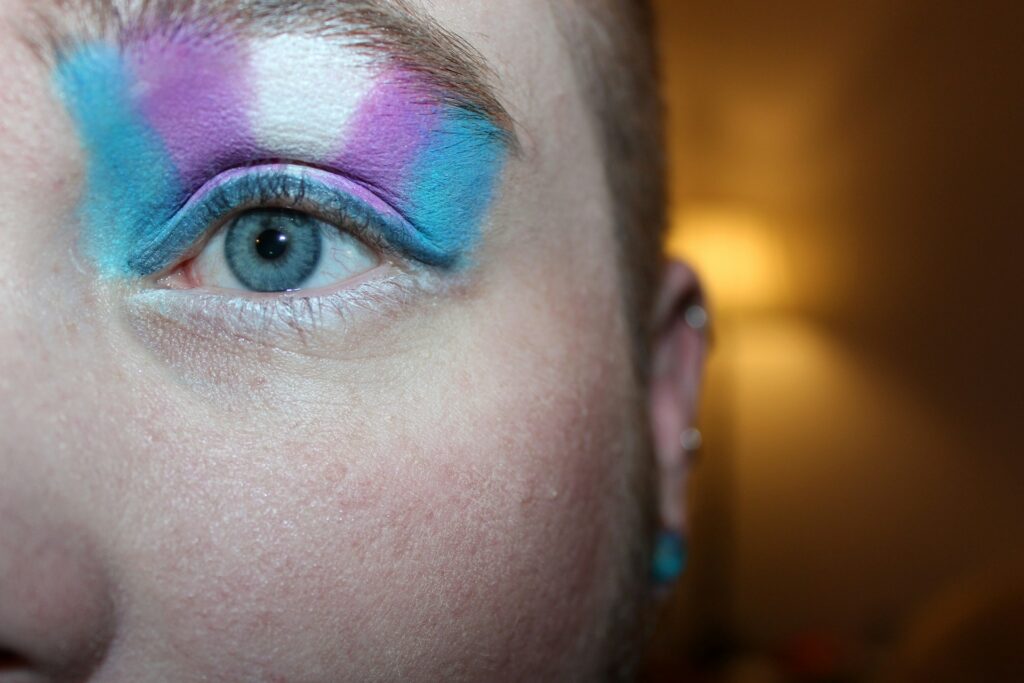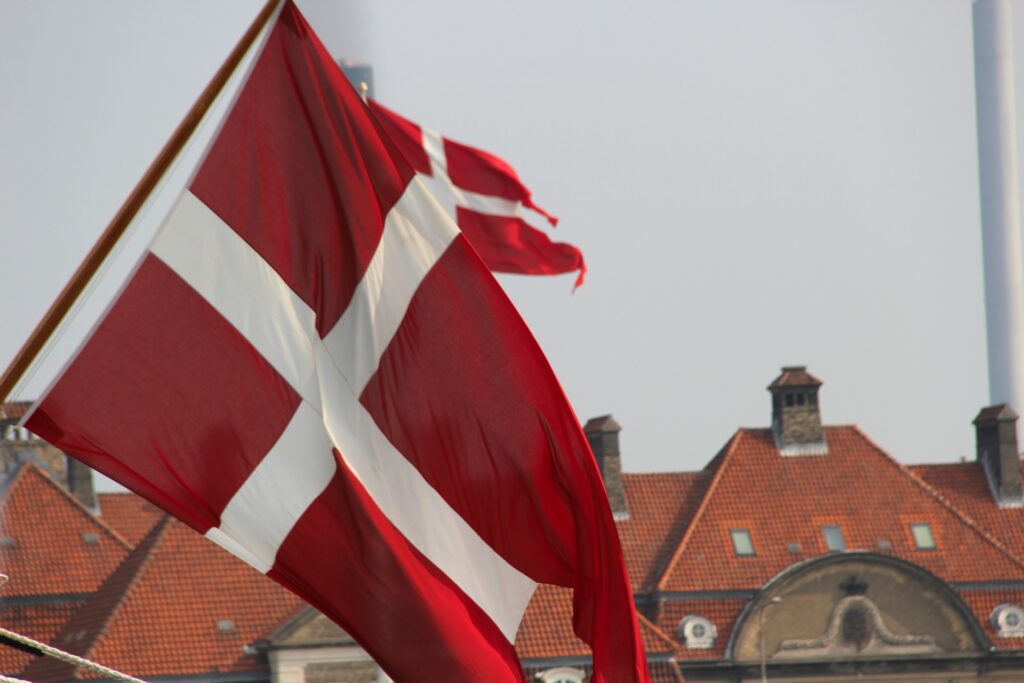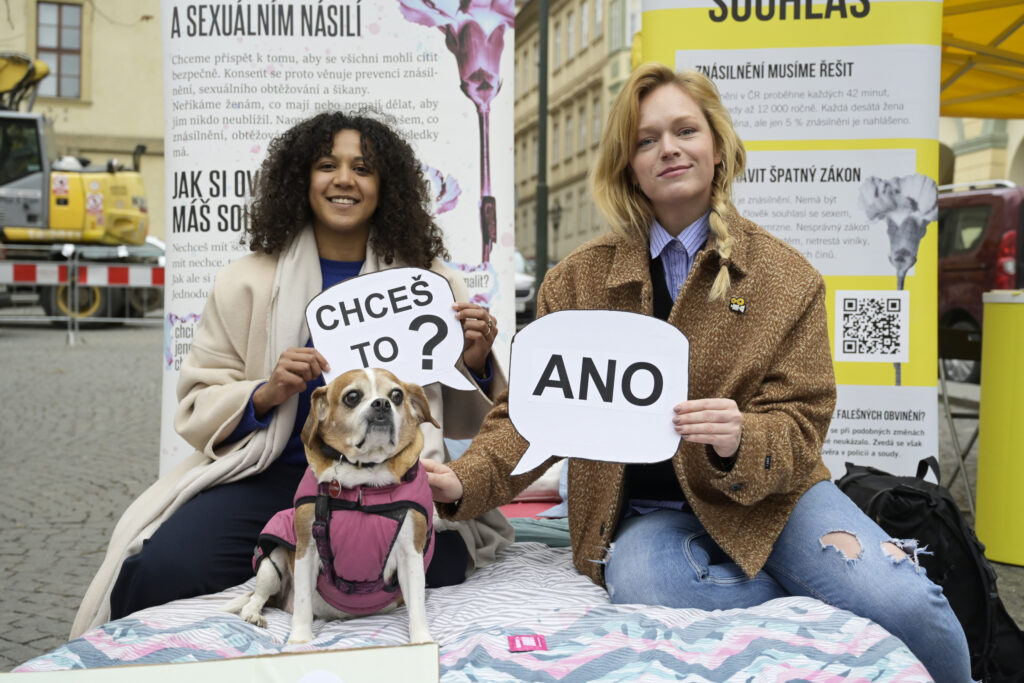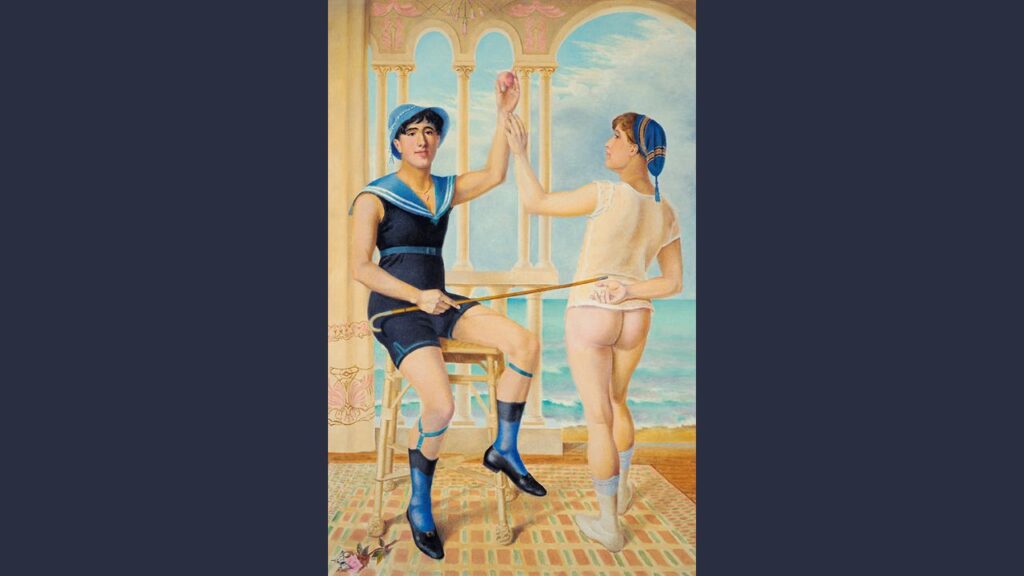To cut or not to cut?
Capitalism is in decay in Kuressaare. There, they care more about ideas than money.
Going to a hairdresser was not my first choice. I rather have my hair done at home, for free, by a benevolent friend who’ll share alcohol or food with me in return. But not this time. A very good friend who has cut my hair in the past with very decent results refused to shave me because she did not like the hairdo I wanted. Let’s say I was already pre-heated when we got to a small provincial men hairdresser’s in Tallinna tn.
I sit in the waiting area, while two male-presenting people get their respective haircuts done. One finishes, happily pays and goes off. My turn. I take my jacket off and walk the seven meters that separate me from the chair of the crime. I sit and wait.
The female hairdresser freezes, uncomfortably smiling and states in a matter-of-fact way,
“We don’t cut women’s hair.”
I look at her in disbelief.
“I see you have a shaving machine and the skills to perform the haircut I wish. What’s the problem?”
“We only cut men’s hair here. It’s a men’s hairdresser. We don’t cut women’s hair. You’re a woman.”
“Ma ei ole naine. Can you please shave my head on the sides, exactly where the previously shaved, short hair is?”
“But you’re a woman. We don’t cut women’s hair.”
Analysis break
Is there something more absurd than someone telling you what gender you are? Wouldn’t I know better than anybody? Nevertheless, transgender and gender non-conforming people –whether trans, cis or other– get judged all the time, very often with much more serious consequences. But I argue that these details, these everyday experiences, have indeed a severe impact, as they form the basis of institutionalized discrimination, harassment and, in the worst cases, murder.
Should I embark with hairdressers in lengthy discussions on the absurdity of having men’s and women’s hairdressers rather than more useful categories, such as short versus long hair, classical versus experimental, or everyday versus party hairdresser’s?
Ok, I’ll submit to their arbitrary binary distinction, as long as I don’t have the chance to go to a queer ilussalong in Saaremaa, but, am I stupid to assume that a men’s hairdresser is for those willing to get a male-style haircut with no need of anatomically, legally or verbally proving their “manness”?
My appearance proved “masculine” enough to convince them that I was in the right hairdresser during the fifteen minutes I was sitting in the waiting room. What made her suddenly change her mind? The pitch of my voice? My flat chest? My scent?
Epilogue
I must admit, I was not really aware of the connections of nationalism and gender, but Estonia presents a great nation for learning new things.
In the middle of the discussion, the other client felt the urge to help us solve our differences, empowered by his dick, his short-hair, his Estonianness and his mastery of English:
“Go to your country,” he said.
What a wonderful solution!
“Go to your country, and stop questioning our gender and body policing,” I heard.
Unfortunately for all of us, patriarchal heteronormativity is almost like Skype: Everybody uses it, although it was not created in Estonia.
So, no thanks, I rather stay here a little longer.
In the end, they didn’t get my money, I got my haircut at home for free, and a wonderful chance to write this article.


